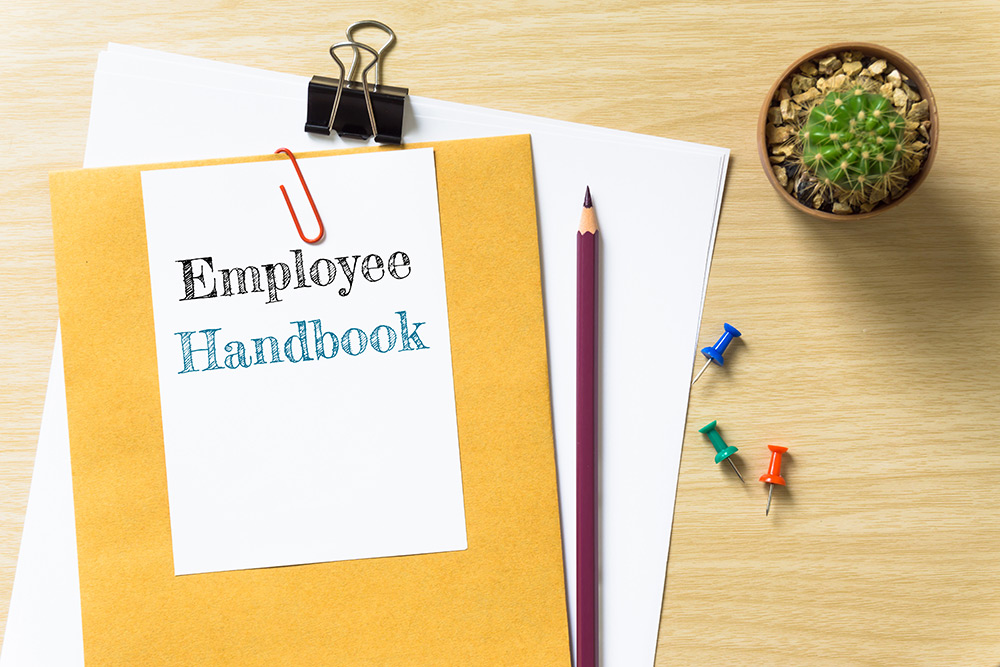When it comes to appropriate employee behavior at work, one size doesn’t fit all. That’s why it’s important for small-business owners to be on top of trending new policies that reflect our changing world.
To stay current, employers need to update their employee manuals regularly to address emerging trends – and the related workplace issues that inevitably crop up. It’s necessary to establish company ground rules and outline acceptable behavior to ensure company expectations are crystal clear.
An up-to-date manual provides crucial documentation that can protect your business in employee lawsuits.
Modern Changes Require Modern HR Policies
Employers need policies that protect everyone in the workplace when a new situation arises. For example:
What would you do if an employee who’s trying to quit smoking brought an e-cigarette to work and took a puff at his desk? What if a coworker expressed concerns about the vapors? Both employees have rights, but what are your rules?
Vaping is relatively new, and a company that hasn’t updated its employee manual to address the practice might face uncertainty around the issue. Employees need to know what is acceptable and what is not.
In this case, you’d want to update your existing no-smoking policy with specific language about e-cigarette usage. This would include clearly stating where e-cigarettes are allowed and where they’re prohibited. The key here is to eliminate any ambiguity about the issue.

Addressing Current Issues Is Essential
Other hot topics to consider when updating your employee manual include:
Workplace flexibility:
A 2015 Gallup poll found that 37 percent of U.S. workers telecommute, up from 30 percent in the last decade and more than 4 times in 1995.
Companies that promote a progressive work/life balance and offer options such as telecommuting should clearly explain attendance polices, outline workload expectations and define support benefits and services.

Social media:
Many companies require workers to distinguish personal social media posts from anything work-related. You may ban workers from posting sensitive company content. Most employers agree that these and other guidelines keep social media from interfering with productivity.

Cellphones:
Employees use their phones to text, make calls and check social media on the job, but how much is too much? Many company policies set reasonable limits and establish parameters regarding access, etiquette (ringtones) and consequences for distracting behavior or making too many personal calls. Conversely, you may choose to ban cell phone usage in the office completely.
Bring Your Own Device (BYOD):
These days it’s increasingly common for employees to work on personal laptops, tablets and smart phones. The Society for Human Resource Management recommends policies that address security concerns, outline proper access and specify if and how an employee will be reimbursed for related expenses.

Be Consistent with Enforcement
Whatever rules you put into place, make sure you’re consistent. If you apply policies randomly or don’t adhere to your stated policies, you could be accused of discrimination or breach of contract. Updating your employee manual regularly is a sensible way to make sure your company is on top of changing workplace issues that should be addressed through policy.
For more valuable insights on the policies to add to your employee manual, sign up for ComplyRight’s Free Webinar on the 13 Must-Have Policies for Today’s Workplace.

